Inspiring a Love of Learning
Photos by John Burns
Christina Turner still smiles when she thinks of her kindergarten teacher, Mrs. Carter.
“Every day in Mrs. Carter’s class was magical,” Turner said. “I think every student felt like they were her favorite. I wanted to be Mrs. Carter.”
Turner knew at that young age that she wanted to inspire a love of learning like Mrs. Carter had done for her. She also knew that she wanted to look out for kids who needed extra help in the classroom. “I grew up with a cousin who was blind,” Turner said. “She was only one year older than me. She did the same things as me (often way better!) and just needed a few adaptations to help her do them. The adaptations intrigued me.”
Seeing how her cousin was treated in public was an eye-opener for Turner. She felt protective when someone treated her differently because of her disability, and she was inspired with a deep respect for her cousin’s ability to overcome challenges while keeping her curiosity and good humor. Turner has been driven by her wish to help others do the same.
Turner studied early childhood education at Washburn University, then taught preschool and kindergarten for about eight years. While she worked hands-on in the classroom, she also earned her master’s degree in early childhood special education from Emporia State University. She put those skills to work in the TARC tiny-k program as an early childhood special education teacher. The job pushed her out of her comfort zone and taught her more than she ever could have hoped for.
“We served children birth to age 3 that had delays and/or disabilities,” Turner said. “We worked with the children and their family or teacher, in their home or their early childhood setting. We used a team approach, so I worked with a physical therapist, speech pathologists, an occupational therapist, an interpreter, a psychologist and a nurse.”
It was during this time, while Turner worked with so many early childhood programs, that she realized that the demand for high quality, full-day early childhood programs in Topeka was greater than the supply. When she became pregnant with her daughter, she decided it was time to take action to change that situation. She imagined starting the school that she wanted to work for, where she would confidently send her own children. There was just one problem—she knew how to teach but she had no idea how to run a business. In order to make her dream a reality, she had to learn and plan, all while taking care of a baby growing into a toddler.
“I did quite a bit of research on how to start a business, and I found business owners in town that were willing to meet with me and give their advice,” Turner said. “I made an appointment with the Washburn Small Business Association. It took a lot of long hours, but when I started looking for a building to lease, it just all kind of fell together.”
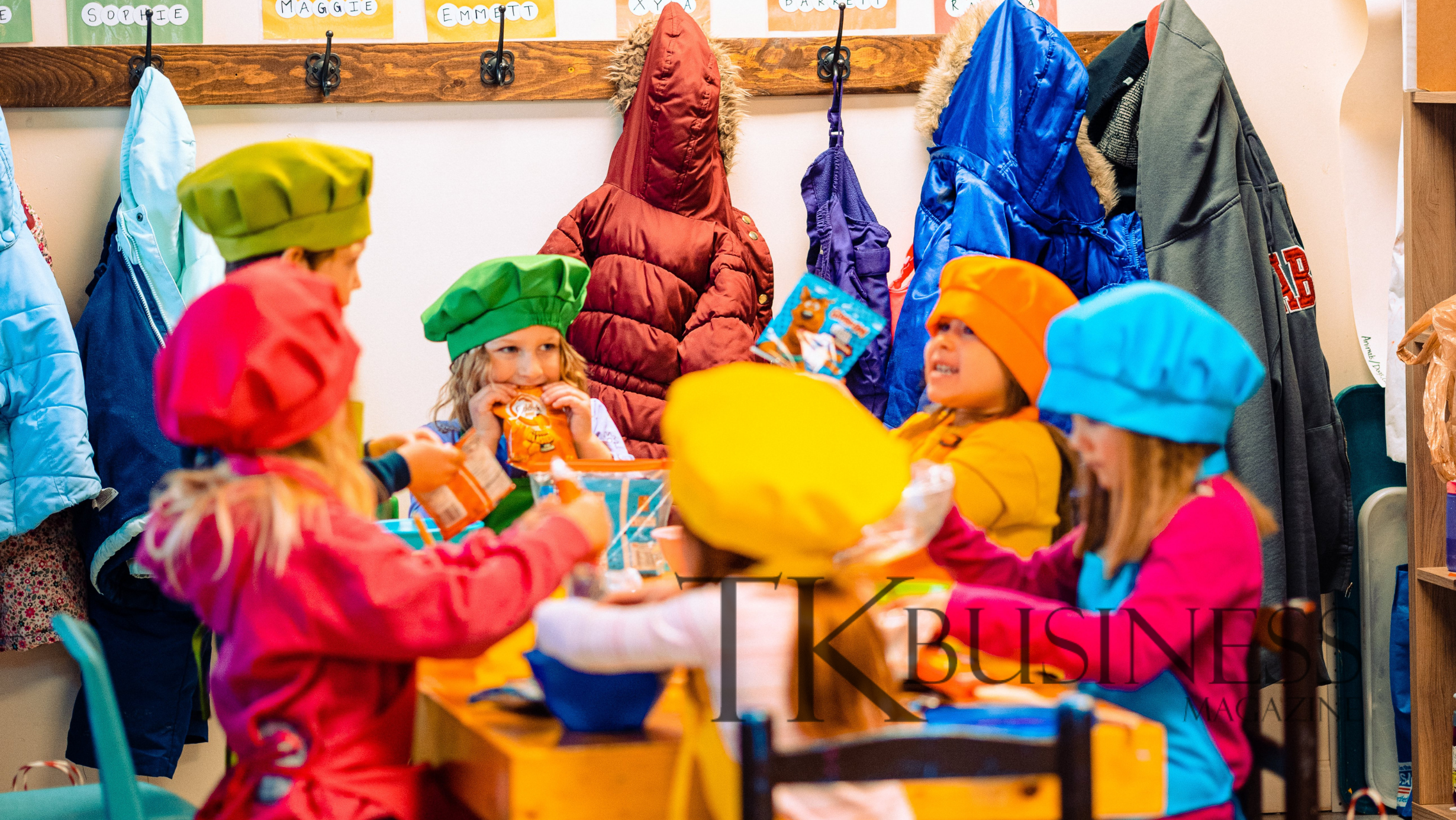
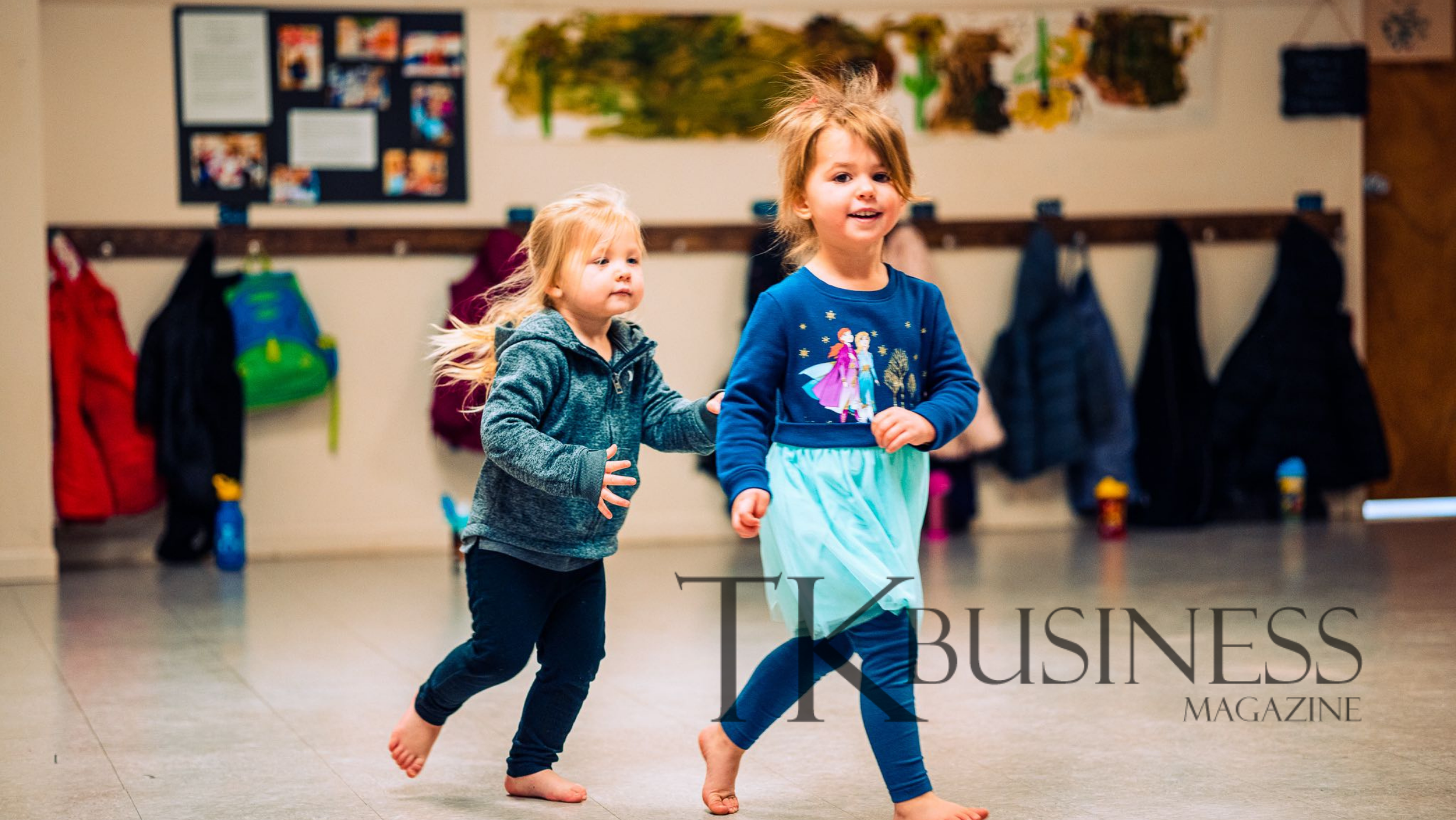

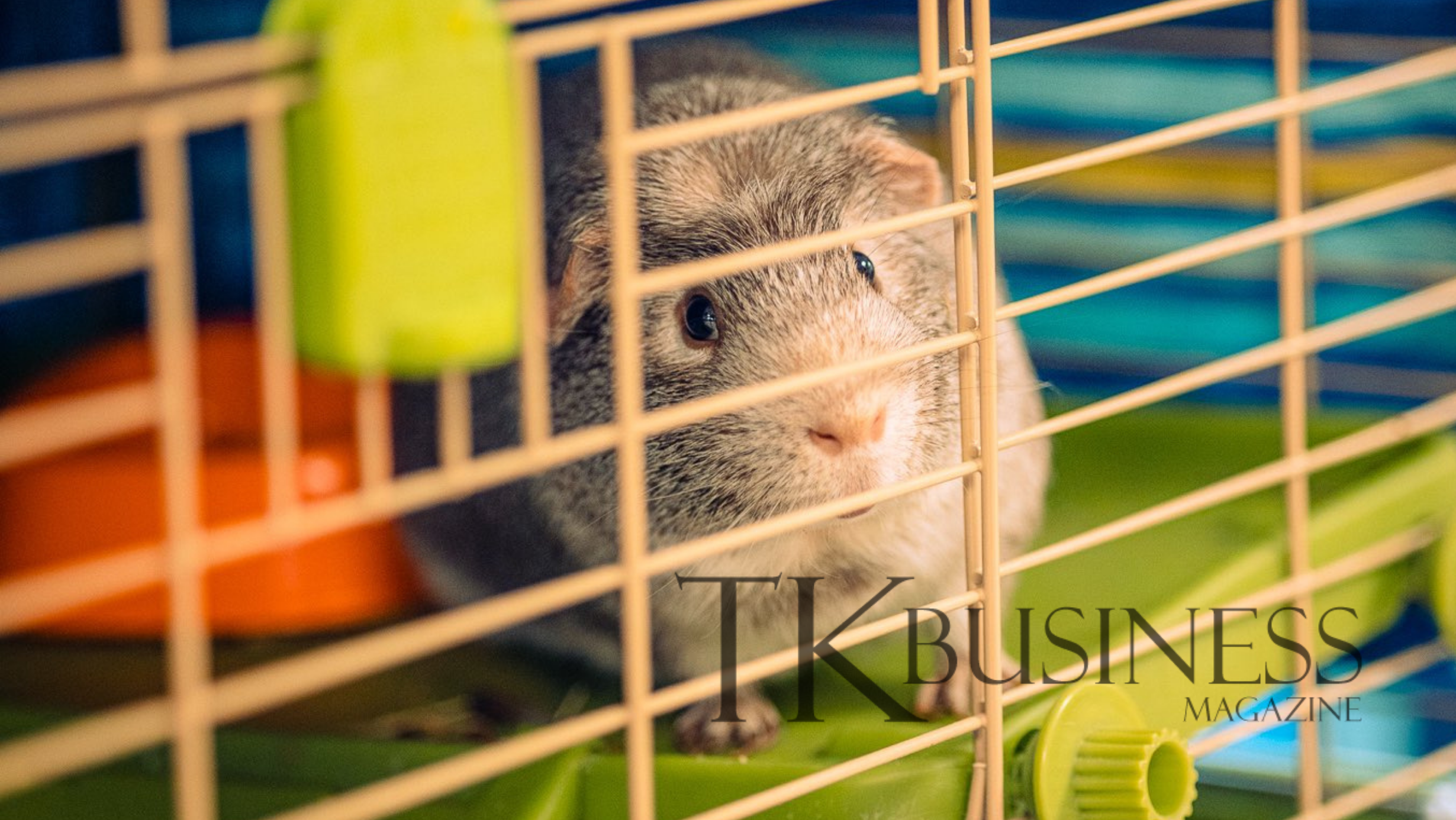
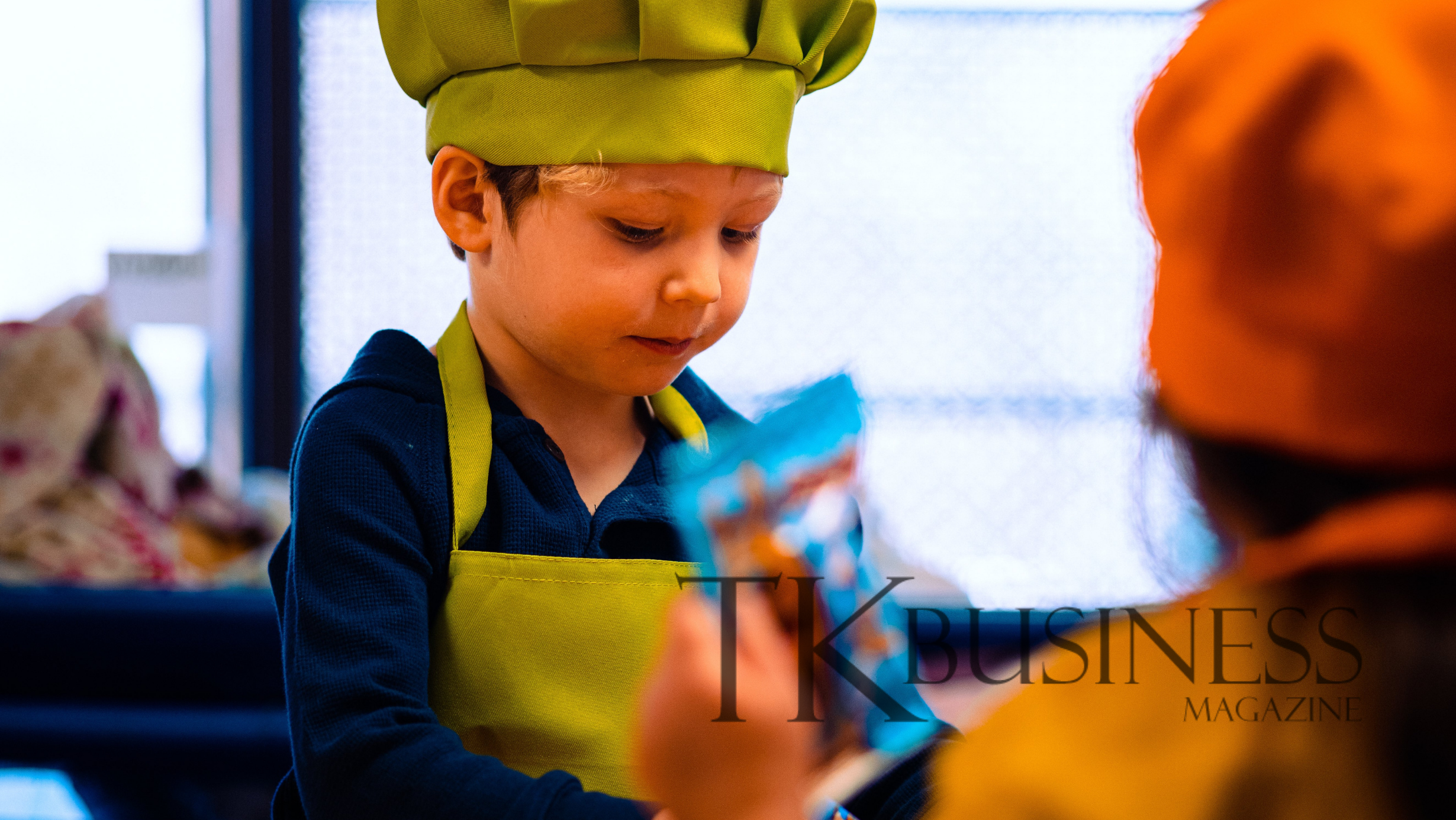

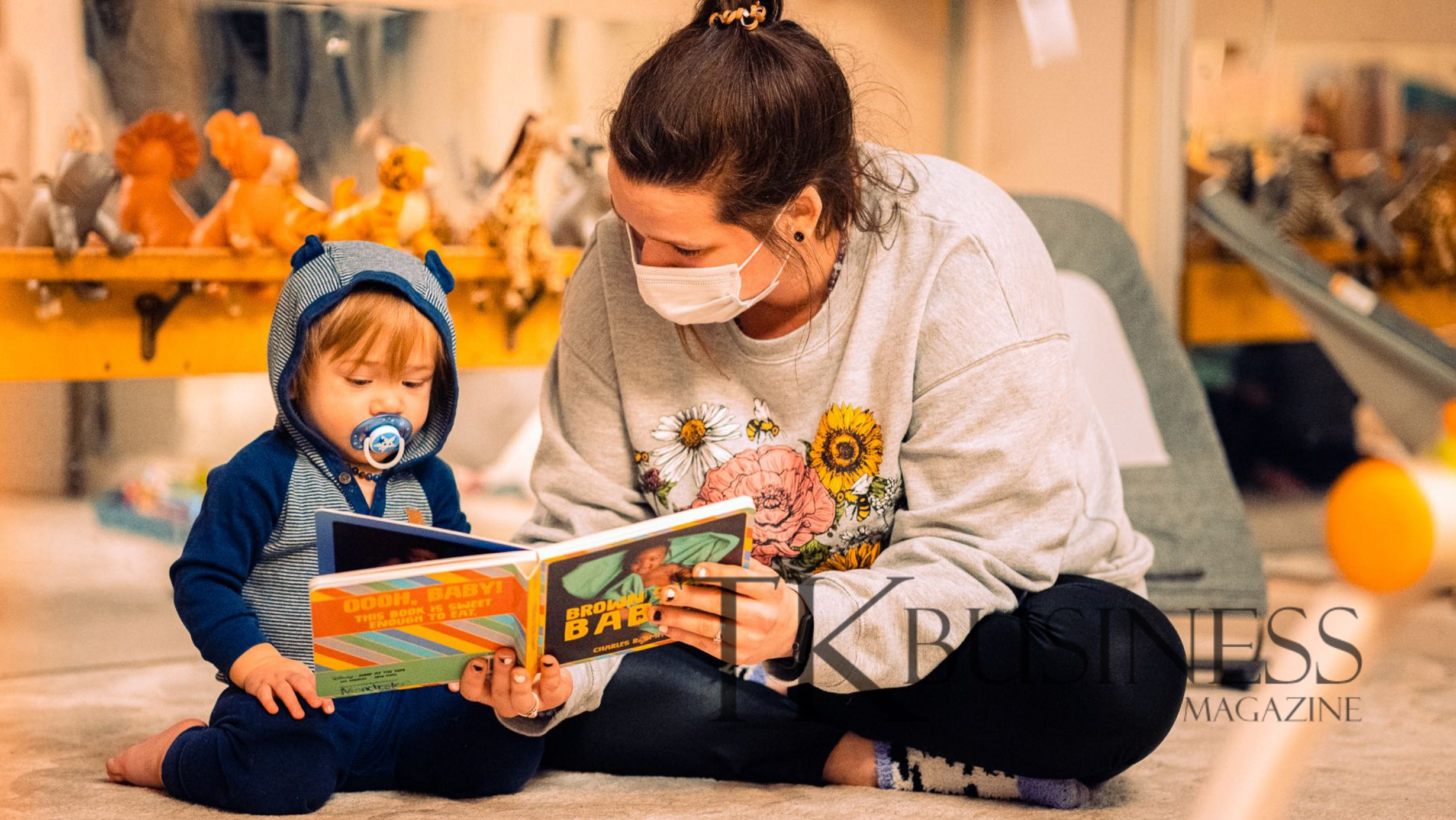
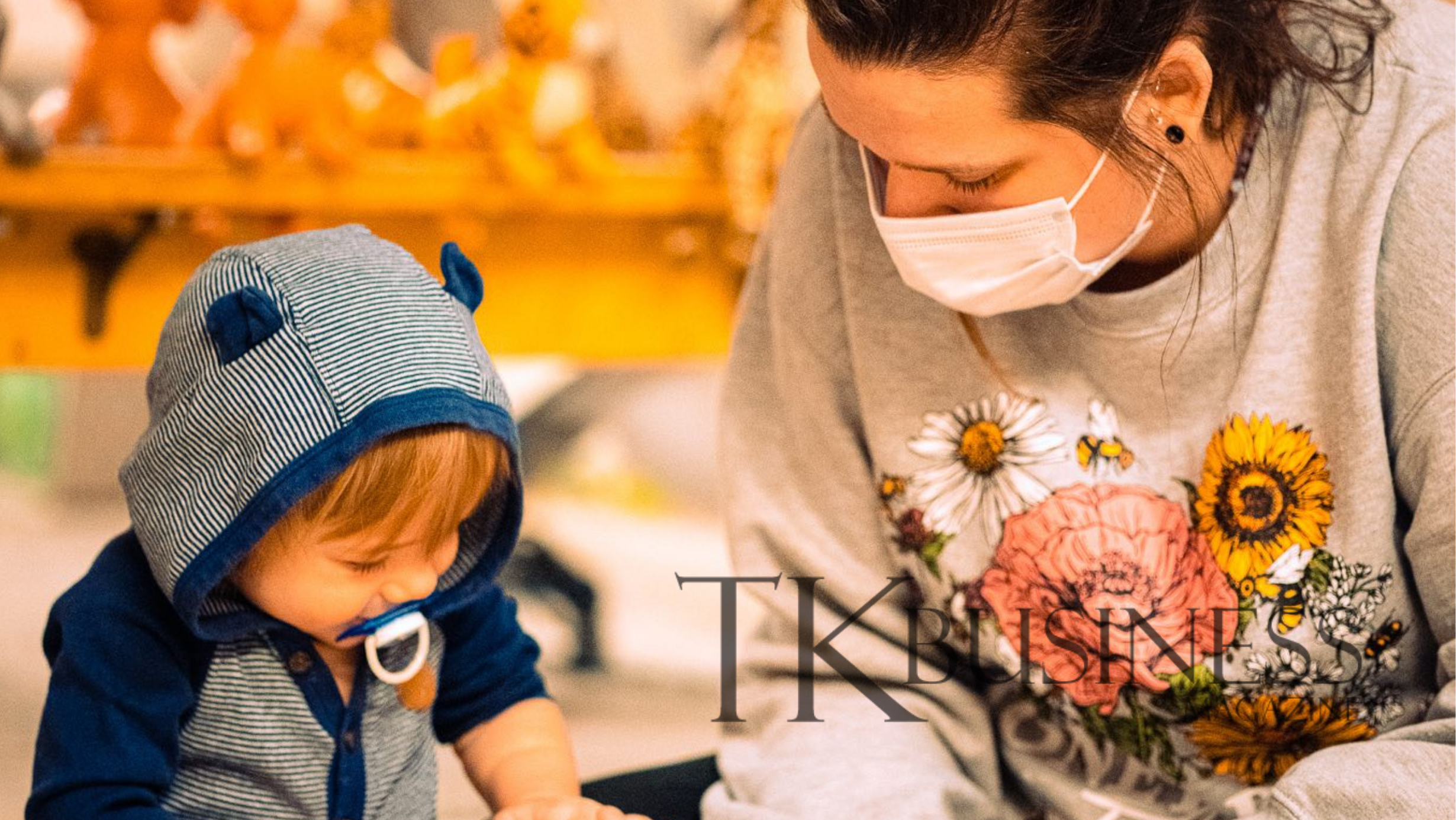
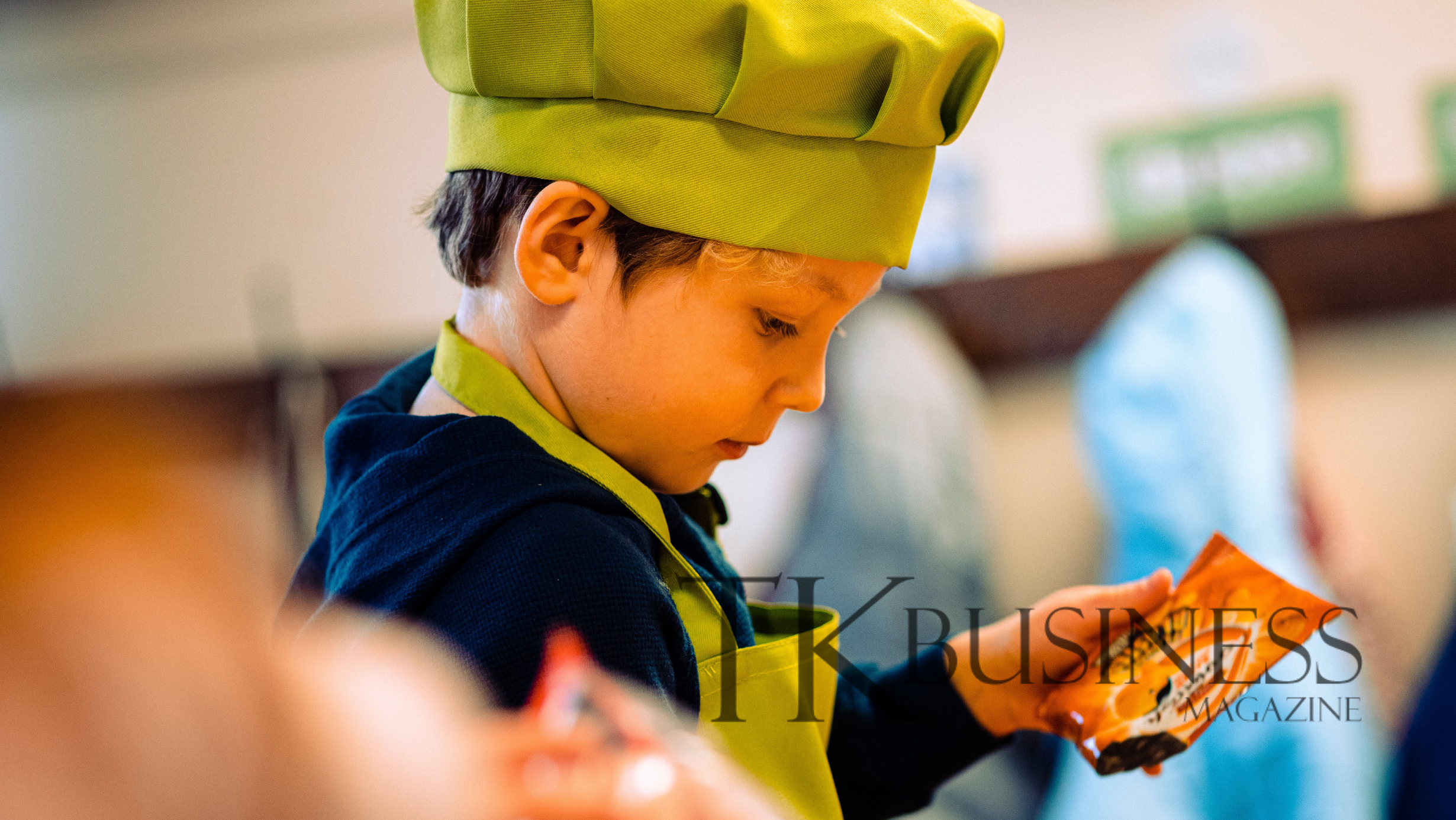
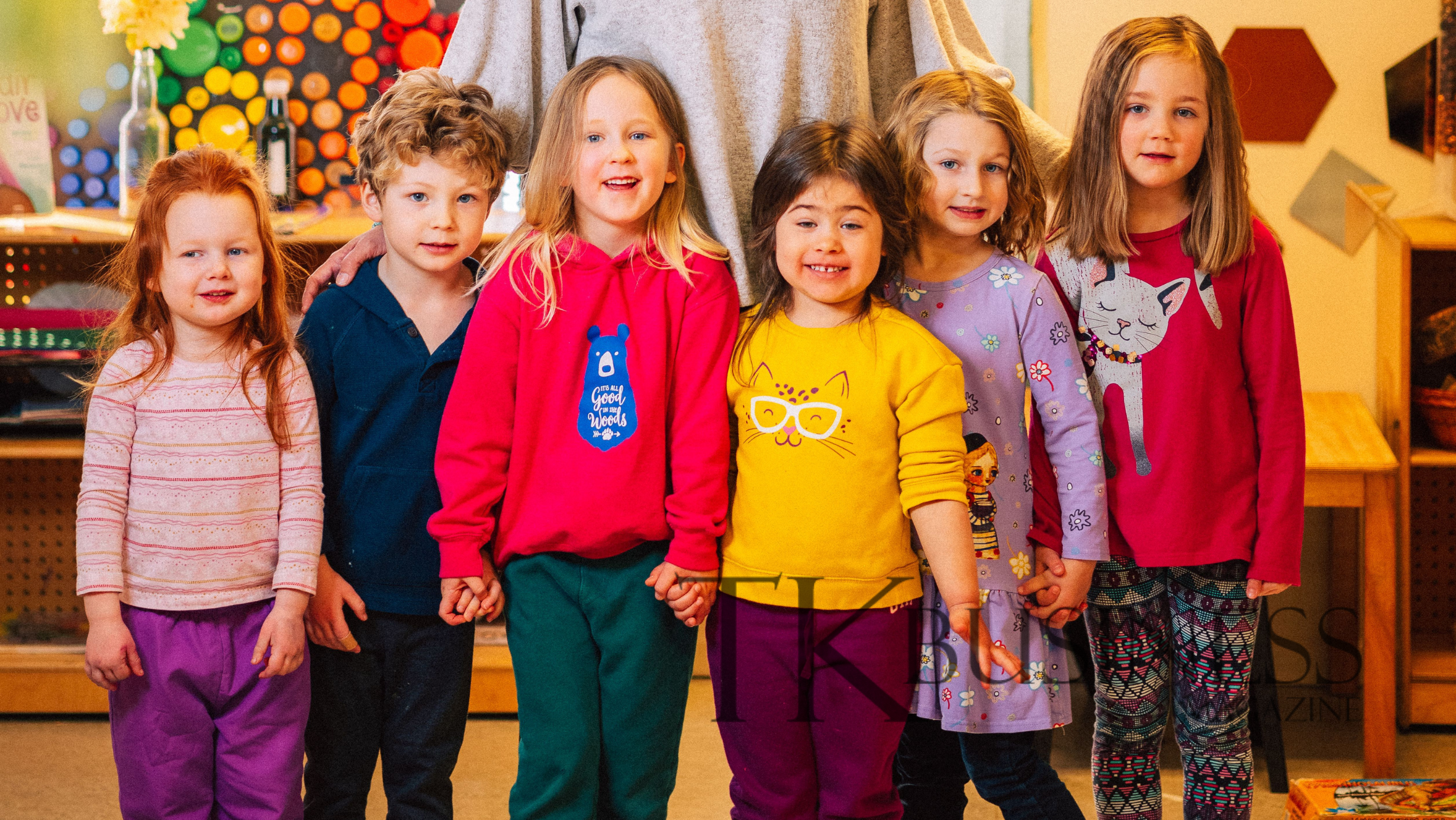
Manchester School for Young Children opened in December 2012. At Manchester, the curriculum is student-driven and individualized, tailored to each child from infant to pre-k. Children have ownership over their learning. Teachers observe and listen to determine what a child wants to learn about, while still following Kansas Early Learning Standards and preparing children for kindergarten.
“Everything is play-based, child-led, hands-on and exploratory,” Turner said. “We do not have children all sitting at a table doing worksheets; a classroom has multiple activities happening throughout the room, some individual and some small group. Children gain confidence in their learning and are able to develop at their own pace without being frustrated. They are learning amazing skills through play.”
Turner says she has spent the last eight “wonderful” years building relationships and inspiring a love of learning at Manchester. Of course, like every other business, there have been challenges, and 2020 was the school’s hardest year yet. Turner has done everything possible to keep staff and children safe and has implemented every recommendation put out by KDHE and CDC. It is impossible to provide care to small children via online tools such as Zoom. Manchester’s staff needs to be at work, in person, to provide services to children so that parents are able to work. As a result of COVID-19 restrictions, small classes are even smaller, meaning lost income for the school and parents stuck on the waiting list.
Turner is somber about what the future holds for many small businesses and early childcare facilities but optimistic that better days lie ahead. She dreams of moving Manchester to a building within walking distance to downtown Topeka, for hyperlocal walking field trips. She looks forward to providing scholarships to low-income students and expanding her network to share what she has learned with other educators and directors across the country.
“Our students have these really enriched opportunities that embrace their sense of wonder,” Turner said. “They become free thinkers and helpers and explorers, and have a love of learning.”
No matter the struggles, Turner says she wouldn’t do anything differently because she is building lifetime relationships, one student and teacher at a time.
“There is just truly a bond that happens in this little building that is so hard to explain to those that haven’t experienced it,” Turner said. “It is magical!”




